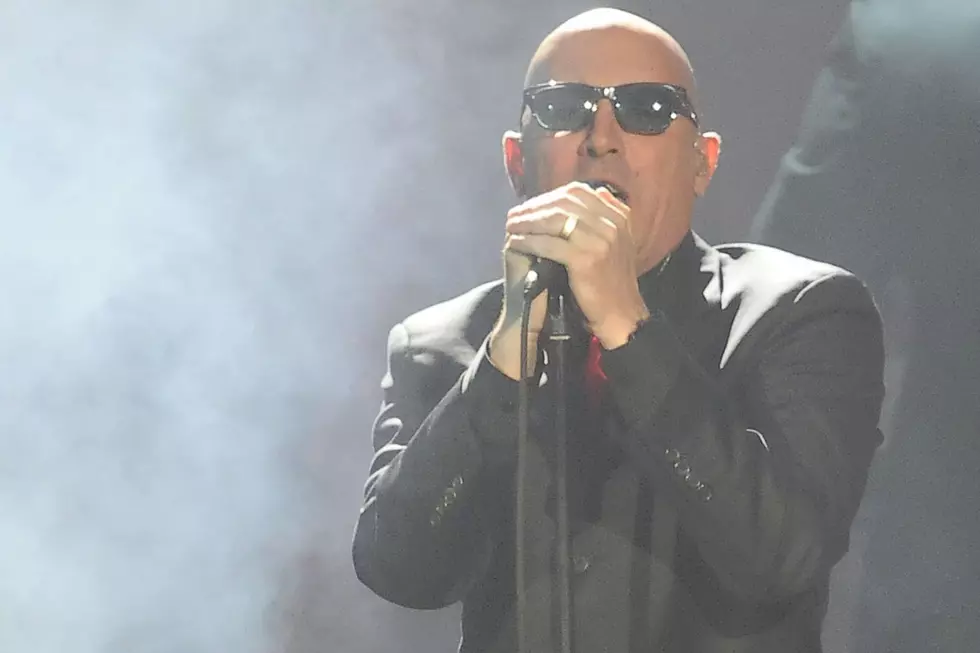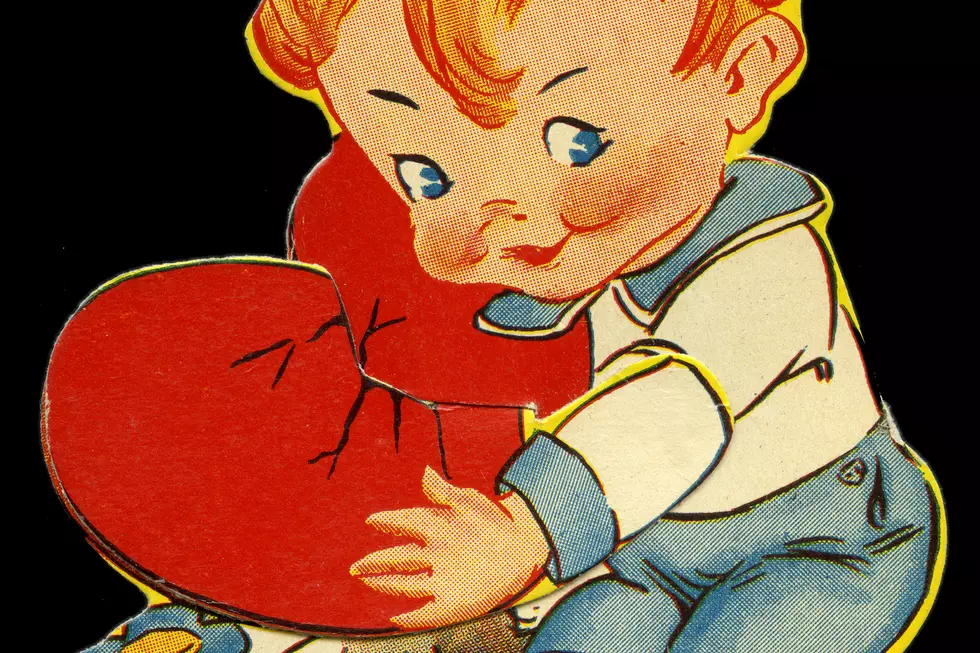
Diamond Rings on Touring With a Band and the Power of Love
Like many touring musicians, Diamond Rings mastermind John O’Reagan has mixed feelings about life on the road.
“The shows have been great, don’t get me wrong,” O’Reagan told Diffuser.fm toward the tail end of Diamond Rings’ final tour of 2012. “Once you get near the end, it’s kind of that summer-camp feeling. You’re ready to go home, but it just starts to get awesome right at the last two days.”
“Awesome” is a good word for Diamond Rings’ whole year, actually. The Canadian synth-popper released his second album, ‘Free Dimensional,’ and hit the road with a full band, which he says has opened up whole new worlds in his music.
O’Reagan talks here about touring, his evolution as an artist and the power of love.
What’s it been like for you to be touring with a full band?
It’s been like night and day. Total difference. I’m really thrilled with how the shows have been going. I wouldn’t be where I’m at if I hadn’t gone through everything I’ve gone through as a solo artist. It’s allowed me to really have the time and space to figure out what I wanted to do next and how I wanted to grow the project, how it’s going to look, how it’s going to sound. What people are seeing now is a product of not just the past few months of touring, but probably the last few years of careful thought and consideration.
What does the band bring to the experience, for you and for the audience?
For a lot of audience members who aren’t themselves musicians or gearheads, I think it’s a more direct or literal translation of what they’re hearing through the PAs. If you know how to program a laptop computer and do a lot of things that I’d been doing before, you’d be able to appreciate what I was doing, but there’s no substitute for actually seeing someone behind a drum set, hitting the drums. It paints a picture of what people are actually hearing in their minds. It’s helpful, and it fills out the stage, and for me, it afforded me the opportunity to really focus on being a performer. Instead of having my face buried in a computer, I can really engage with the audience, which is what I do best, and it’s what people want.
When you performed on the first night of SXSW in 2010, you were totally into it, and it was great, but it was also pretty raw. How do you feel like you’ve evolved since then?
Tremendously. I’ve been fortunate to have performed with a ton of great groups, and I’ve been fortunate to have learned a lot from those artists and their respective teams and bands. I’ve learned a lot about the technical side of things, the performing side of things. Like anything, if you do it long enough, and you love it and focus on it and want to get better, you will. The early stuff was really raw because that’s where I was at. That was the extent of my own ability, and what you hear on the new record and what you see at the shows right now is in many ways the same: It’s me up there doing the best I can with the tools and people that I have to help me. I always try to do my best.
What did you want this second album to be?
I knew that I just wanted to make the best record I could with the resources and skills that I had developed and were available to me. I was fortunate to be able to work with Damien Taylor, who is an amazing producer. He brought a ton of knowledge and experience and support to the table. I’m really indebted to him for really helping me get to that next level that I wanted to be at. As far as what I’m saying on the record, or the place the record is coming from emotionally, it’s not as significant a departure as I think some people would imagine. I think it’s a more positive record and a more confident record, but that’s only just because I always write the way I feel when I’m in the moment. After touring and performing the past couple years, I’m more confident.
You’ve said this record is the strongest statement you’ve made so far. What statement are you making?
I’m making a statement that I think is often overlooked or written off as being perhaps obvious or trite, and that statement is the power of love and power of self-love more than anything, as a positive and necessary thing in the world. Something that there isn’t enough of. I think most of those songs address those feelings of togetherness and longing, heartbreak and more often than not, good old-fashioned love songs. There’s a reason that so many musicians tap into those feelings, not just now, but across all art, all styles, all genres of music. I think it’s a really common unifying force in life, and now more than ever, I think there’s not enough of that in the world.
That’s definitely a universal statement.
Yeah, and when I started out making music, I hated stuff like that. I was playing in punk bands, and I think I looked at the expression of those feelings or emotions in a really jaded and cynical way. I was a bit younger and thought I knew more than I did, and I probably also never allowed myself to be open to feeling something that real and honest. The last few years, especially since the first album, I’ve opened up myself and just felt like that’s the kind of music I want to make, and the kind of music that people want to hear. It’s not necessarily me saying I’m speaking to everyone or tapping into some universality. It’s just about trying to speak from the heart and be real.
What do you think accounts for your change in attitude?
For me, it was a big revelation. As a songwriter, probably one of the hardest things to do is take a common sentiment and try to express it in a way that feels fresh or new. There’s a lot of s---ty love songs in the world, and I’m not saying that mine are great -- far be it for me to be the judge of that -- but I know that for me, it’s a lot harder to express those feelings than I would have thought when I was an angry teenager. [Laughs] That was the most exciting part of writing the lyrics for this record, was really pushing myself to always be expressing myself in a way that was clear and relatable but not always obvious. That’s the hardest part. It’s also the most exciting part. More than anything, I think this is my most clear and direct album I’ve ever done.
Diamond Rings is often described as a persona. Is that how you see it?
Certainly, there’s a separation between who am I onstage or behind the lens of a photographer’s camera and who I am on a Sunday morning. I think for any performer that would probably be the case. The more that I tour and perform, the more I think that separation is essentially healthy. Essentially, I see Diamond Rings as an amplified and exaggerated version of me. I take all those emotions and feelings that I feel as John, as a real live person in this world, and turn the volume up a little, let it out a little louder and bolder than I would otherwise.
Has the persona changed?
Oh, certainly. There’s a striking aesthetic change between this album and the last, and that’s kind of the point: If it doesn’t change and evolve, then it’s not fun for me, and if it’s not fun for me, then it’s not fun for the audience and the fans.
Watch Diamond Rings' Video for 'I'm Just Me'
More From Diffuser.fm









